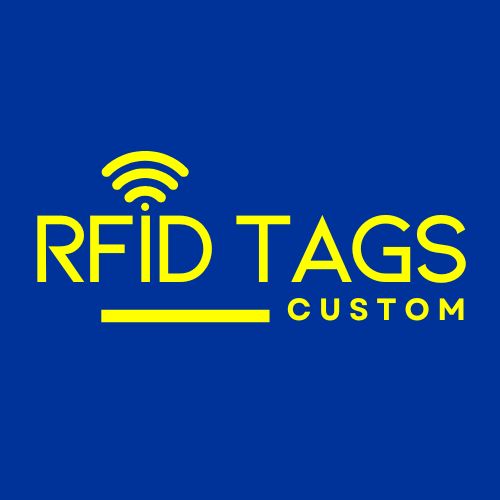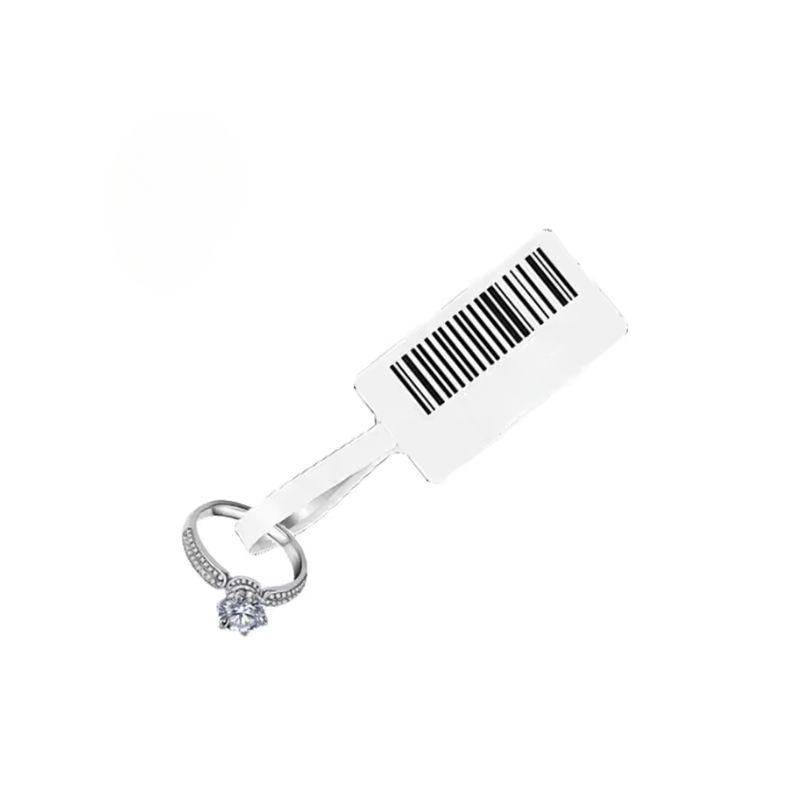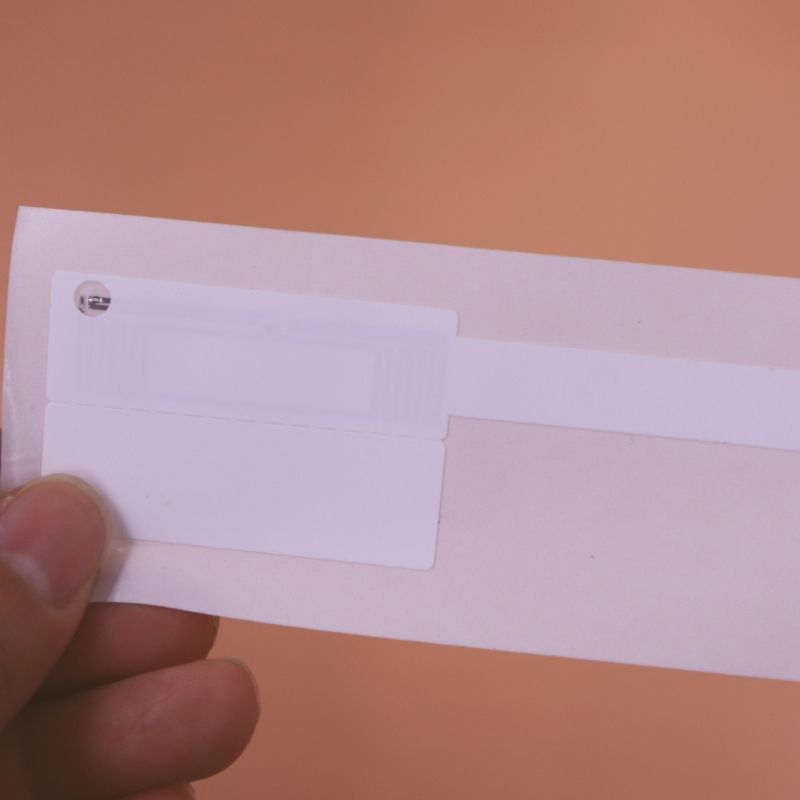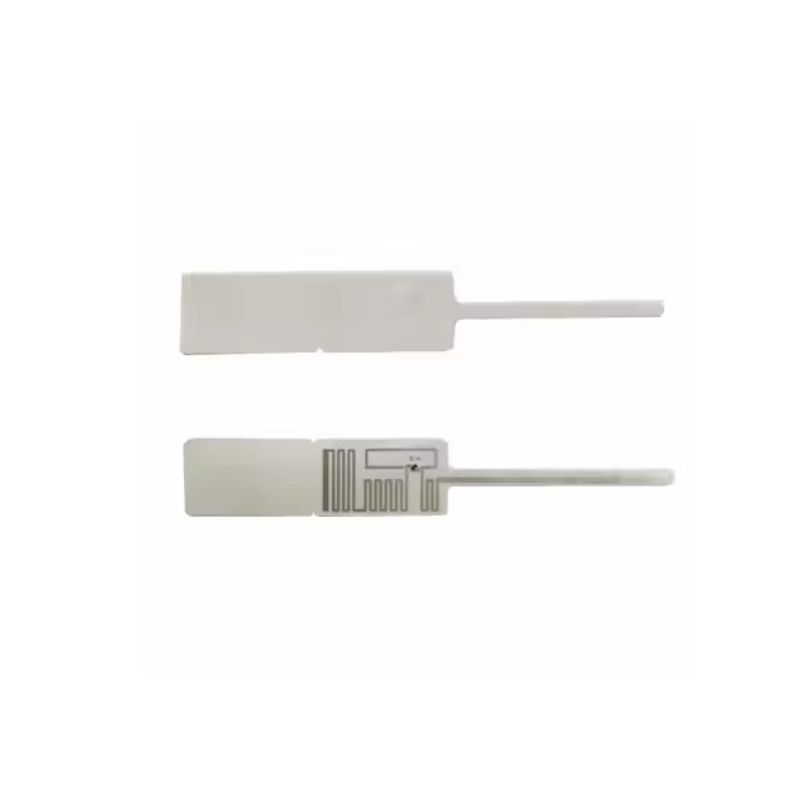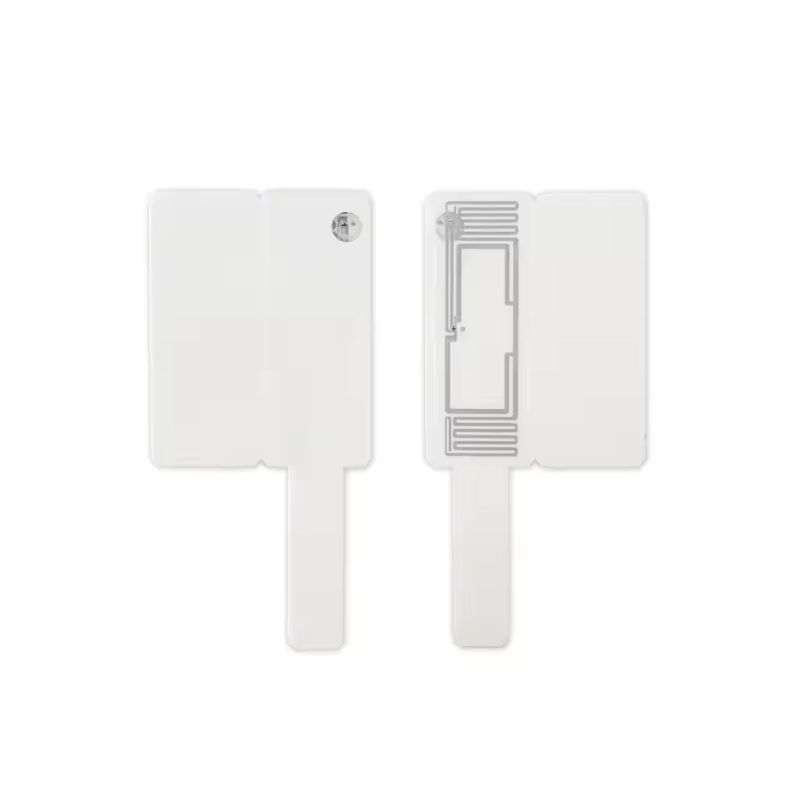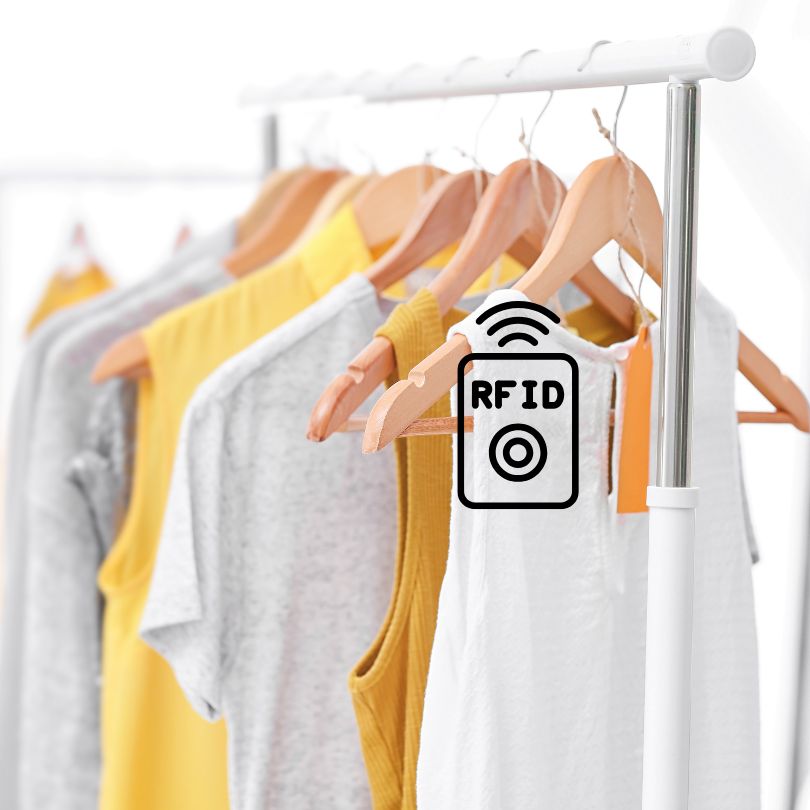
Related Blog
Great things in business are never done by one person. They’re done by a team of people. We have that dynamic group of peoples
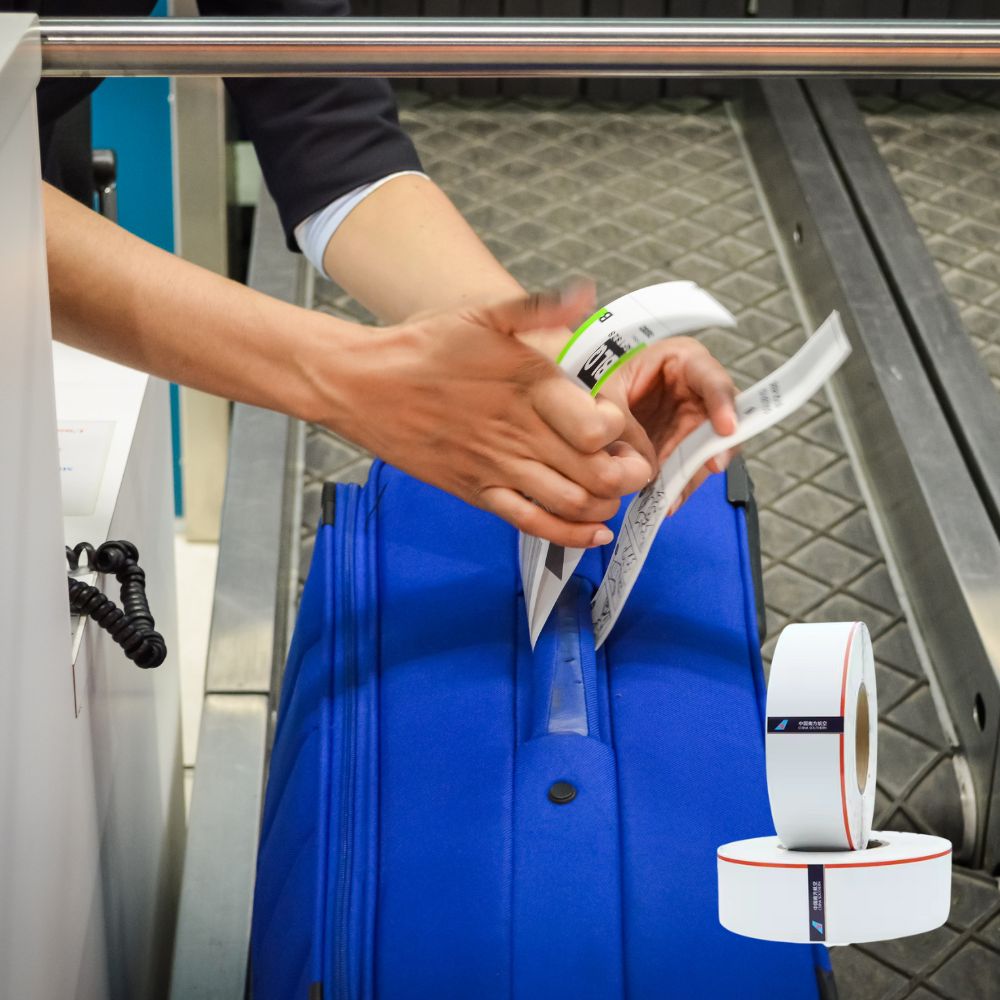
How Does Radio Frequency Identification Work
This article explores the transformative power of Radio Frequency Identification (RFID) technology across various sectors.

What is NFC on My Phone
Near Field Communication (NFC) is transforming how we interact with our Android phones and the world around us, especially regarding payments.
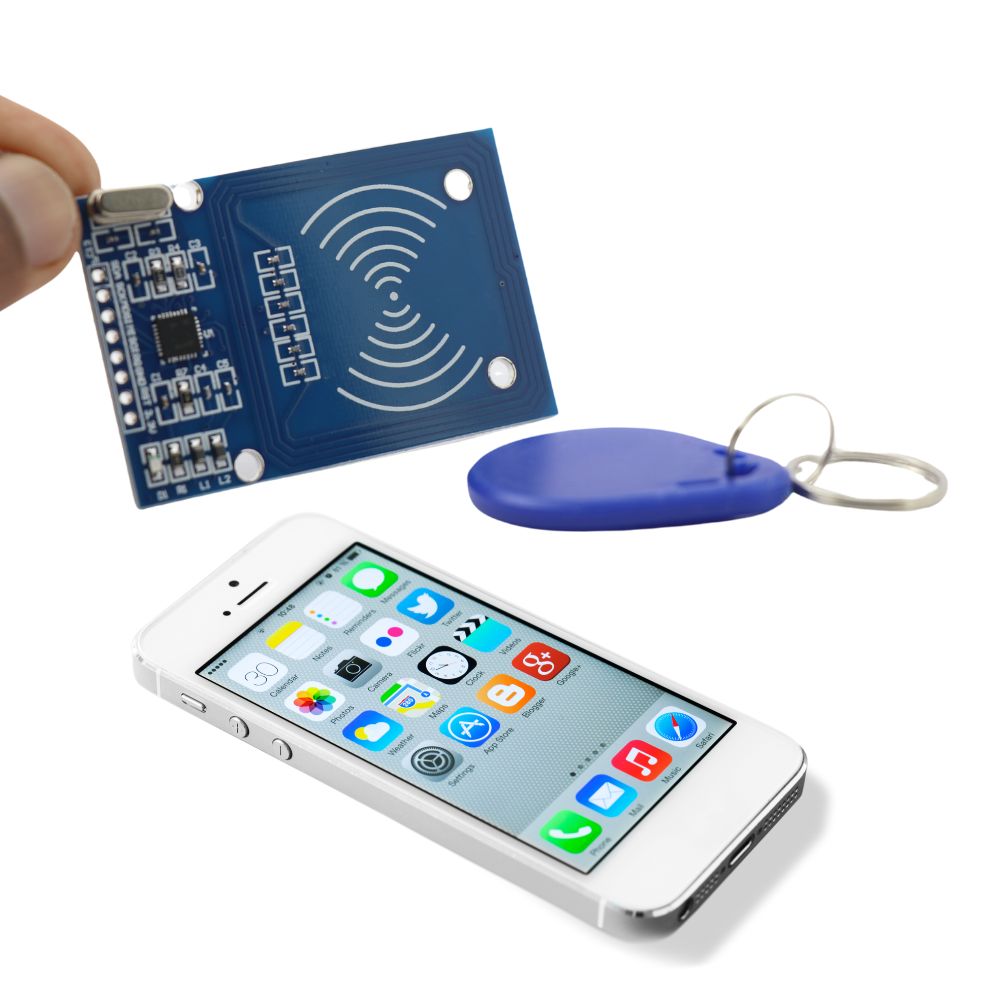
How to Copy RFID Key Fob to Iphone
This comprehensive guide explores the process of copying RFID key fobs to iPhone and Android devices, offering a convenient way to manage access using your smartphone.
